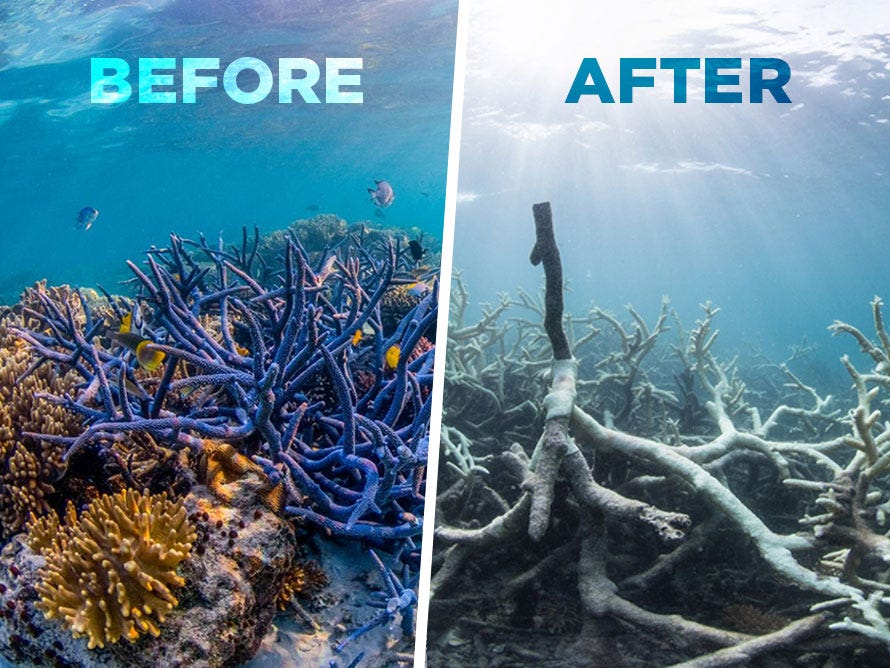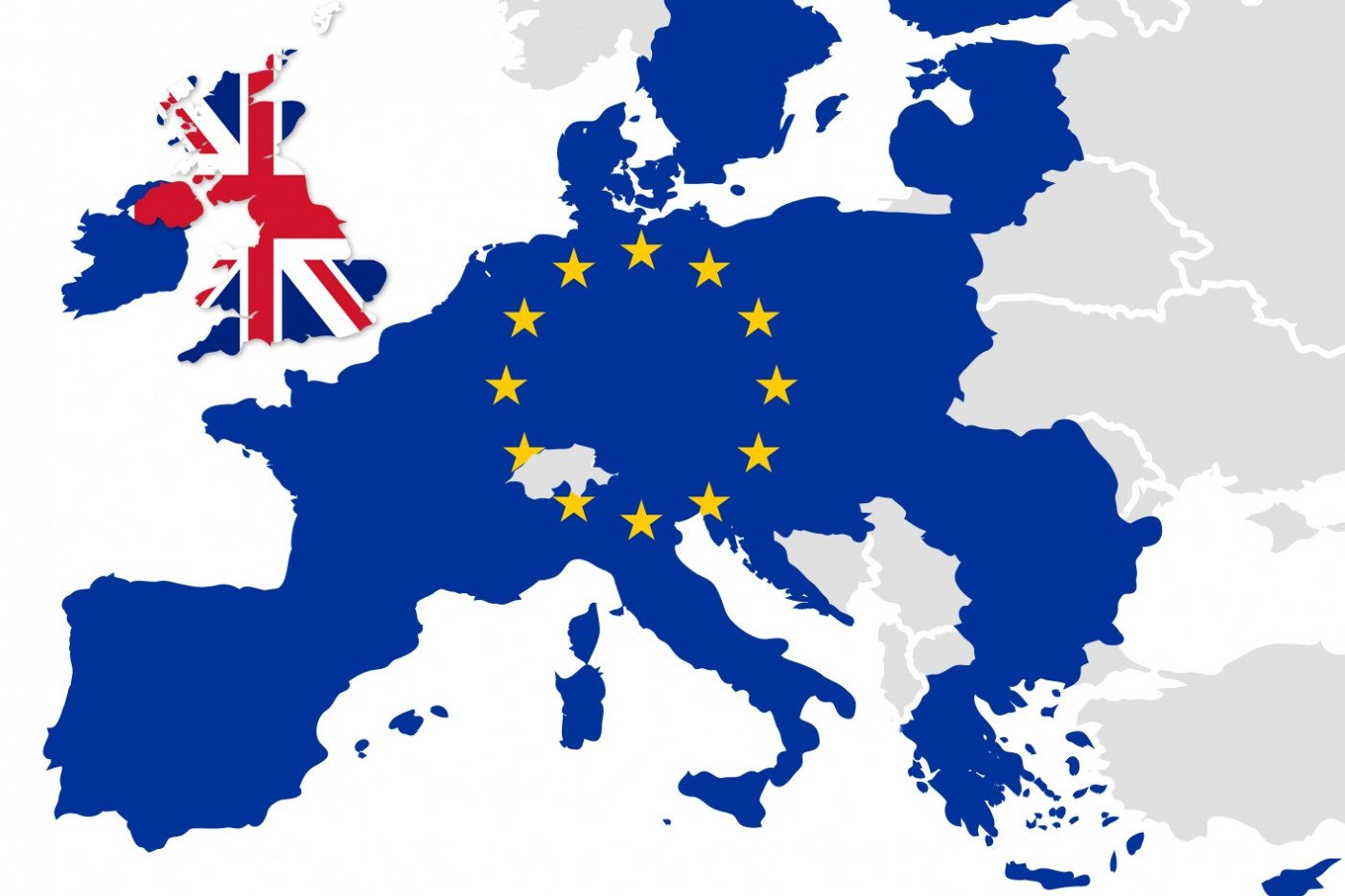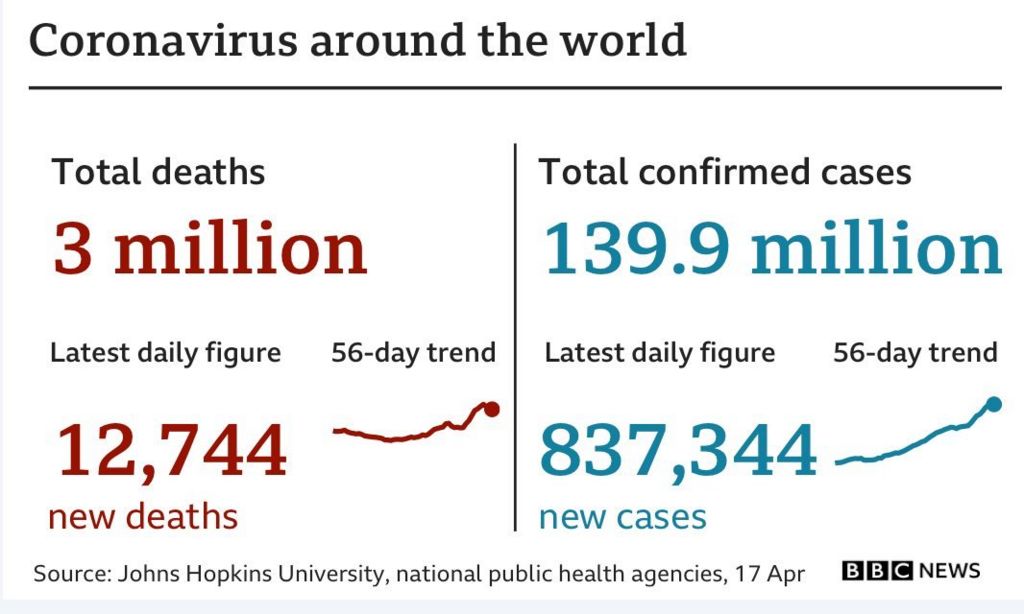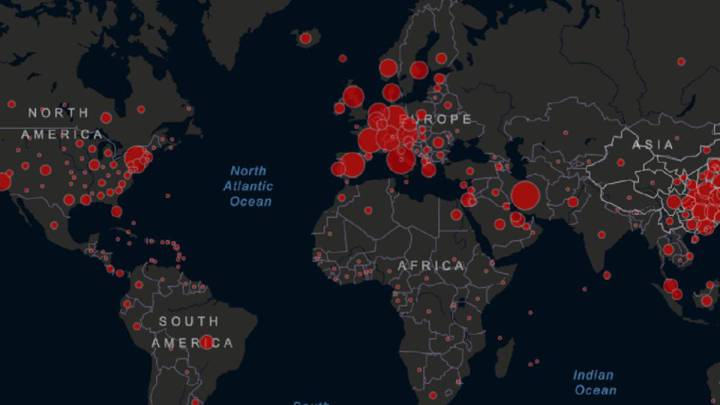North Queensland Conservation Council community campaigner Crystal Falknau described the state of the reef as terminal and urged stronger action against climate change from government. THE GREAT BARRIER REEF could be hit with repeat coral bleaching events every two years by 2034 under current greenhouse gas pollution rates the Climate Councils new report shows.
 Aerial Survey Reveals Worst Bleaching Of The Great Barrier Reef Caused By Climate Change The Incentive
Aerial Survey Reveals Worst Bleaching Of The Great Barrier Reef Caused By Climate Change The Incentive
This chapter provides the foundation for assessing the vulnerability of the GBR to global climate change.

Great barrier reef climate change. Climate change is posing a potentially catastrophic threat. The outlook for five Australian world heritage sites including the Great Barrier Reef the Blue Mountains and the Gondwana rainforests has deteriorated according to a global report that finds. At warmer temperatures the same that result in adult coral.
Under threat from climate change We are only just beginning to understand the importance of Halimeda bioherms as a habitat to support biodiversity in the Great Barrier Reef. Climate change made it 175 times more likely that the surface waters of the Coral Sea which off the Queensland coastline is home to Australias Great Barrier Reef would reach the record-breaking. Climate Change Impacts on the Great Barrier Reef report shows the future survival of coral reefs around the world including the Great.
Climate change is the greatest threat to the Great Barrier Reef and coral reefs worldwide. This report is a massive red flag that climate change is happening right now Ms Falknau said. This is the third bleaching within the space of five years.
The great barrier reef marine Park Authoritys Great Barrier Reef Climate Change Action Plan 20072011 outlines a strategic response to the threat of climate change for the reef. Two of the greatest challenges brought by climate changean increase in ocean temperatures and acidity levelsare creating severe knock-on effects jeopardising the Reefs survival. Tropical sea surface temperatures have risen by 0405 C since the late.
The health of Australias Great Barrier Reef the worlds most extensive coral reef ecosystem is in a critical state and deteriorating as climate change warms the waters around it an. 56 57 Mass coral bleaching events due to marine heatwaves occurred in the summers of 1998 2002 2006 2016 2017 and 2020 58 11 59 and coral bleaching is expected to become an annual occurrence. Climate change poses the greatest threat to the Great Barrier Reef and coral reefs globally.
Climate change triggers Great Barrier Reef bleaching. Climate change is caused by global emissions of greenhouse gases such as carbon dioxide from the burning of fossil fuels coal oil and natural gas agriculture and land clearing. In 2016 high sea surface temperatures driven by human-caused climate change and an El Niño event triggered the worst recorded bleaching on the Great Barrier Reef.
The most severe bleaching occurred in the northernmost section of the reef between Port Douglas and the Torres Strait. But just as the rest of. The Intergovernmental Panel on Climate Change warns the world must virtually eliminate coal power stations by 2040 or face dire consequences including complete loss of the Great Barrier Reef.
The Great Barrier Reef Has Lost Half Its Corals Researchers in Australia blamed climate change for the loss which they said could diminish critical habitats for fish and other marine life. Shortly after the 2017 coral bleaching event more than a dozen researchers signed a letter published in Nature Ecology Evolution that called for new interventions to save coral reefs. Another possibility not considered is that researchers could develop some of kind of technology that could lessen the impact of climate change on the Great Barrier Reef.
Scientists found all types of corals had suffered a. This experiment which began with the Industrial Revolution in the mid 18th century is now having regional consequences for climate and ecosystems worldwide including northeast Australia and the Great Barrier Reef GBR. The Great Barrier Reef Marine Park Authority considers the greatest threat to the Great Barrier Reef to be climate change causing ocean warming which increases coral bleaching.
The appeal of swimming snorkelling diving and sailing in the Reef is dependent on healthy marine life and rich multi-coloured corals. Australias Great Barrier Reef has lost more than half of its corals since 1995 due to warmer seas driven by climate change a study has found. The Great Barrier Reef is suffering through its worst bleaching event.
But climate change is an existential threat. The ideal temperature for larvae along the Great Barrier Reef is between 26C and 28C. It will help minimise the impacts on the reef while also giving this international icon the best chance of coping with climate change.











